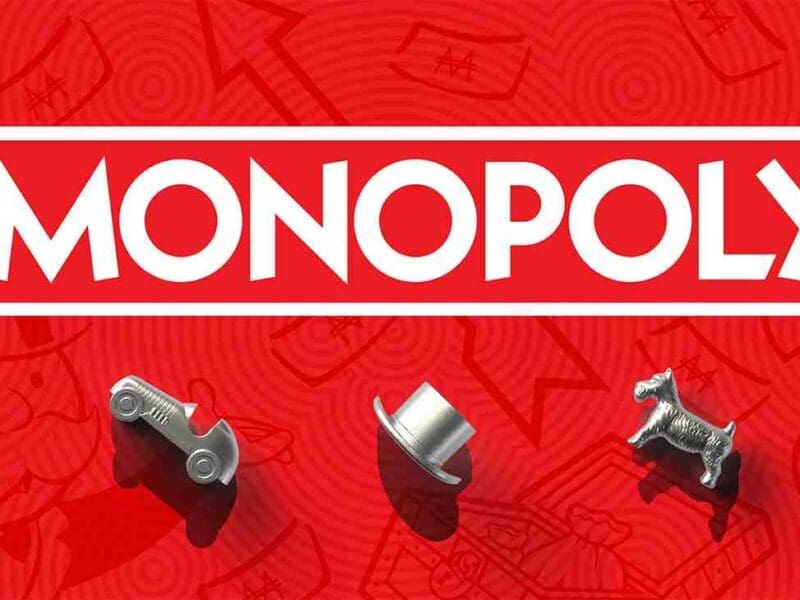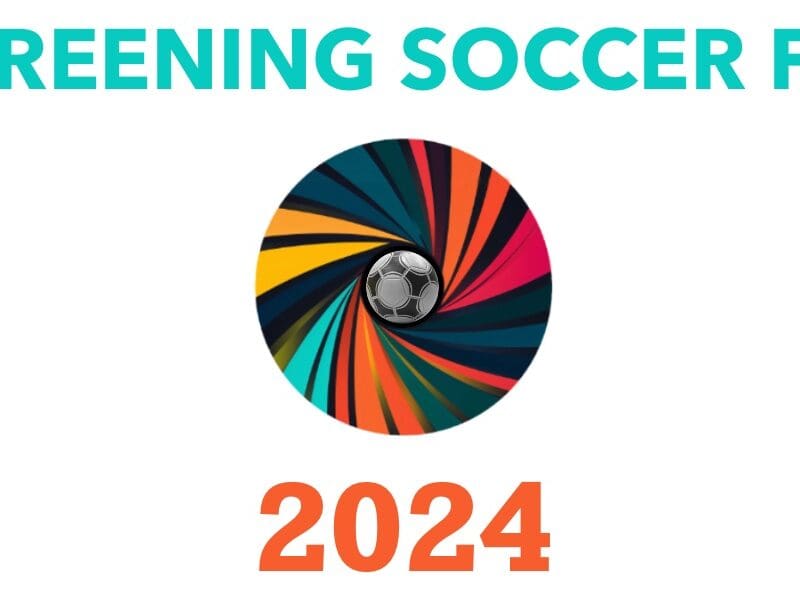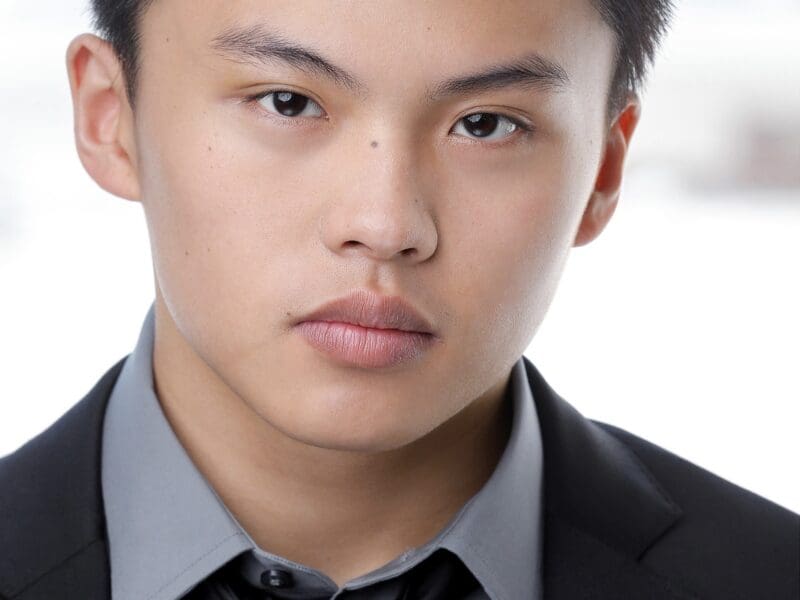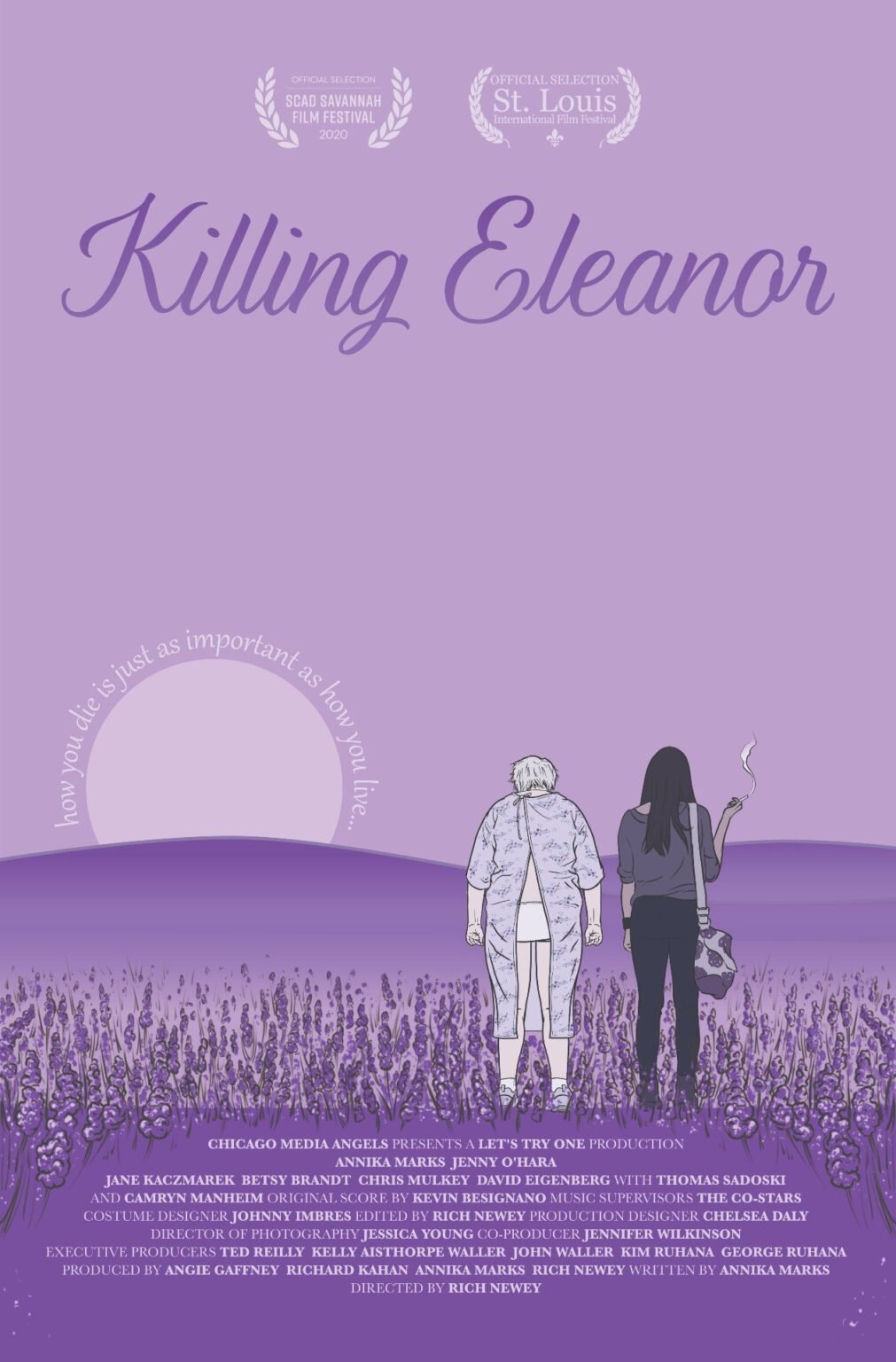
Death and dignity: Meet ‘Killing Eleanor’ director Rich Newey
Killing Eleanor is a passion project for director Rich Newey. The film details the oddly touching relationship between Natalie (Annika Marks), a struggling addict, and Eleanor (Jenny O’Hara), an elderly woman who wants help committing suicide. Over the course of the film, both characters learn to cope with regrets and be happy with the time they still have left.
Killing Eleanor has earned rave reviews from critics and took home the award for Best Narrative Feature at the Savannah Film Festival. Newey was also nominated for the NFF Emerging Director Award aka the Bobbi at the St. Louis International Film Festival.
Film Daily got a chance to talk with director Rich Newey about the film, the personal connection he has with the material, and the importance of female representation on screen.

What did you do before entering the world of film?
I’ve been very lucky to have been in the industry since leaving college. I went to film school at the Academy of Art in San Francisco. It was a very hands on, technical learning experience. At that time the film department was pretty small, but they were a big proponent of getting their students ready for working in the industry.
That meant learning the fundamentals. Didn’t matter what you “wanted” to do, we learned how to do everything. Even though I knew I wanted to direct, I fell in love with editing. We shot on 16 and 35, edited on Avid, worked with Pro Tools. Cross pollinated with different departments, like Advertising and Computer Graphics.
It was a great place to learn, make mistakes, and figure out what kind of storyteller you wanted to be. It was also super competitive, which I loved. We all made each other better by pushing each other.
A friend from our group won a student CLIO award for a spec commercial he directed and got signed as a commercial director straight out of school. He was a year or two ahead of the rest of us and I think it made us all sort of rethink our path.
Filmmaking, making narrative features was the goal… but getting there seemed like a bit of a labyrinth to navigate, especially coming at it from the outside. None of us had any family in the business. We came from small towns and other countries.
So when he started working right away out of school— directing high budget commercials on real sets, a lot of us turned our focus to commercials and music videos— seeing it as a stepping stone to film. Music videos were in their prime and you had huge directors like Spike Jonze and David Fincher making a name for themselves. It seemed like an obvious path.
I was signed as a music video director after graduating. I think I had 2 music videos and 3 spec commercials on my reel. I had won a CLIO and A.I.C.P. award along with a buddy for editing his Apple spec commercial and also had a few student awards for my own directing work. It felt like I was well on my way. But reality soon slapped me in the face.
Even though I was signed, I could not book a job. I wrote a lot of treatments for huge artists, bidding on jobs— but it was a sort of catch 22 having never done a professional music video. Turns out people thought I was a pretty good writer though and as I worked to get my first directing gig, I became a treatment writer for some veterans in the game. I think at one point I was freelance writing for over 50 of them.
Bille Woodruff was the first director to give me a shot and then I started doing some second unit for him, which was such a great experience. Bille was really generous and always encouraging. Then I met Darren Grant and he became a wonderful mentor and friend and helped get me get firmly established as a music video director in my own right. That was the beginning. Things really picked up from there.
I directed mostly rap and R&B videos and also a few commercials. It was a really special time for a lot of reasons, but when I look back now the most influential thing among them was that I started doing a lot of my own editing. And I didn’t realize it back then, but it’s made me a much better director.
What was the first project you worked on, and what did you learn from that experience?
The first professional project I worked on was a music video for Nappy Roots, for their song “Po’ Folks”. Darren, my mentor at the time, helped me book it by offering to co-direct with me— basically to make the record label feel secure that this new kid wasn’t going to blow it. We shot it in Taylorsville, Kentucky— a tiny town with under 600 residents. I learned very quickly that time is not on your side when you’re directing.
There’s never enough of it. And in our case, we were reliant on the sun because 90% of it took place outside. I think we only had one day to shoot it, maybe it was two, but it was a horse race getting to the finish line. Literally chasing the light. I think more than anything I learned the value of prep work. Knowing what I wanted— maybe not exactly, but knowing loosely what I needed definitely helped us make our day.

Name five shows you’re watching right now you think everyone needs to see. Did any particular film or TV show inspire you to enter a career in the entertainment industry?
Let’s see— Dark on Netflix— also Sex Education. I love Succession. Oh and maybe my favorite this year, Ted Lasso. My tastes sort of run the gamut, it all comes down to the characters for me. Are they interesting to watch? Do I care about what happens to them?
As far as inspiration goes— it’s hard to pin it down to just one movie or TV show. I watched a ridiculous amount of television and movies growing up. I was the kid who watched Raiders of the Lost Ark 27 times in the theater.
That said, I remember watching Pulp Fiction when it came out in 1994 and being just completely blown away. That movie changed something in me. I went from being a fan, saying ‘maybe I want to do this’ to saying ‘I’m going to be a filmmaker, whatever it takes’.
Do you have any experience with mentors? If so, do you recommend them for up and coming professionals?
My entire career is the result of mentors. It started in film school with my screenwriting teacher. He had us write 100 mentor letters to various people in the industry. Not just big directors, but AD’s, Line Producers, and Editors. It was a great exercise and I learned a lot— mostly that everyone got their start somewhere. They got a break. Someone let them in the door.
And there are a lot of people out there who want to pay it forward. I do. I love talking to young filmmakers. Mostly advising them on what NOT to do…because I’ve made a whole lot of mistakes. But you learn from them and you want to pass on what you know. Going back to Darren Grant— I remember he brought me over to the production company where he was signed and I met Marcos Siega.
10 years later, Marcos became my mentor in episodic television and a dear friend. Through him I met Liz Friedlander, who also became a mentor and friend. She was working on another show that same year and I met the producing director, Stuart Gillard.
A few years after that, Stuart was on a show called Beauty & the Beast on The CW and I reached out to him to see if I could shadow and he ended up hiring me to direct my first episode. All this stuff is connected and none of it would have happened if I didn’t seek out Darren all those years ago.

Walk us through your creative process.
It starts with the script. That first read. How does the story move me? The characters? What are those first initial reactions? That’s what I want the audience to have, so I make sure to note them. What’s the tone? I note each of the character arcs— where do they start, where do they end up…what’s the in between that makes us lean in and want to stay till the end?
Visually speaking, I always start with transitions. How do these scenes fit together? What’s the flow? My music video and editing background always come in to play here. Finding locations is of course a big step to continuing the creative process. Where are we? What does the space feel like— the space you actually get to use! (Not the one that you can’t afford or the one that falls through at the last second!) That’s going to help inform my blocking, combined with what the characters want and need out of the scene.
I like to have a good idea of what the blocking will be before I get to set. Sometimes it will change once I start working with the actors. It’s nice to see how it all works together and then be open to make adjustments to fine tune what I saw in my head. Or maybe, I was completely wrong and needed to rethink it on the day. That happens occasionally.
It’s much better to roll with it than to stick to your guns in spite of everything. I’ve learned to listen to my gut. Every morning before call, I run through my blocking and shots, before anyone else shows up. That helps a lot. As far as shot listing goes— I will always know what I need to tell the story.
How are we getting in, how are we getting out and what are the beats we need that will accentuate the performance and emotion of the scene. That’s the most important thing. Inevitably you’re going to run low on time because of one thing or another. If you know what you need to tell the story, you’ll always be okay. I also work really hard to not have a cool shot simply for the sake of a cool shot. It has to tell the story.
Sometimes sequences will get storyboarded, but honestly I don’t find them that useful. Big action set pieces or scenes that are heavy with visual effects are good to board so everyone else knows what you’re thinking and can help bring it to fruition.
If any director could tell the story of your life, who would you choose and why?
Oh, I’m far too neurotic to let anyone else tell my story.
What was your experience like on Killing Eleanor?
In a word— magical. I got to make a movie with my wife, it doesn’t get any better than that. We got to make it the way we wanted to. We gathered together an amazing group of actors and crew members with one common goal— many of whom were dear friends before this movie and all of them have become dear friends afterward.
That’s not to say it wasn’t hard— I think we shot for 17 days with 31 locations, so there was never any time to waste. And there was a lot of on the fly problem solving as things detoured off the track here and there, but that’s part of the adventure, right?

What drew you to work on Killing Eleanor in the first place?
When Annika first shared the idea with me and described Eleanor and her journey, it made me think of my dad. He passed away a couple of years earlier and I was definitely still processing it. He had a massive stroke and ended up in a nursing home before going to hospice, and it was incredibly hard to watch him deteriorate.
Fortunately, he would only suffer in that state for 22 days. In that time I saw a glimpse into another world— a world that showed me what can happen when you can’t take care of yourself anymore. Killing Eleanor has many important themes and insights, but to me, chief among them is the right to die with dignity.
What do you hope viewers take away after watching Killing Eleanor?
I hope they are moved. I hope the story resonates with them, and I hope it helps open up conversations that may have been too hard to have otherwise.
On screen and behind the scenes, there were as many women involved in the production as men. How did you feel about the diversity on set?
I felt really good about it mostly because we didn’t have to work hard to achieve it. We hired the most talented people for the job, and many of them happened to be women. Two of my best friends were by my side— our AD Jenn Wilkinson and my DP Jessica Young, who I’ve known for nearly 25 years! We went to film school together.
Jenn I’ve known for over 10 years now. She was the first AD on the very first TV show I shadowed and we became fast friends. We also gave a lot of people a chance to level up in their departments and that felt really good. They all did an amazing job too. Then of course there’s my wife Annika, who wrote the script, starred in the film, and also produced with me and our other two partners, Angie and Richard.
Do you think it’s important for indie films to promote diversity as much as mainstream films?
Absolutely. There are so many stories that need to be told from voices we have yet to hear.
What’s next on the docket for you?
A few cool projects, but I’m ridiculously superstitious and don’t like to speak too soon!
Where do you see yourself in five years?
Work wise? Hopefully still balancing TV and indie film. Ideally I’ll be the producing director on a series that either I’ve created, or my wife has. We love working together and are looking at a few exciting opportunities that will let us continue to do that.
How has the pandemic affected you personally? Do you think you’ll be able to recover from the effects?
Good question. I feel like I’m still processing that one. I definitely feel more present in my life, and more grateful day to day. So often we can get swept up with what we are doing, we forget to enjoy the moment we are actually in. I think Covid has changed that for a lot of people. Hopefully that’s one of the good lingering effects.
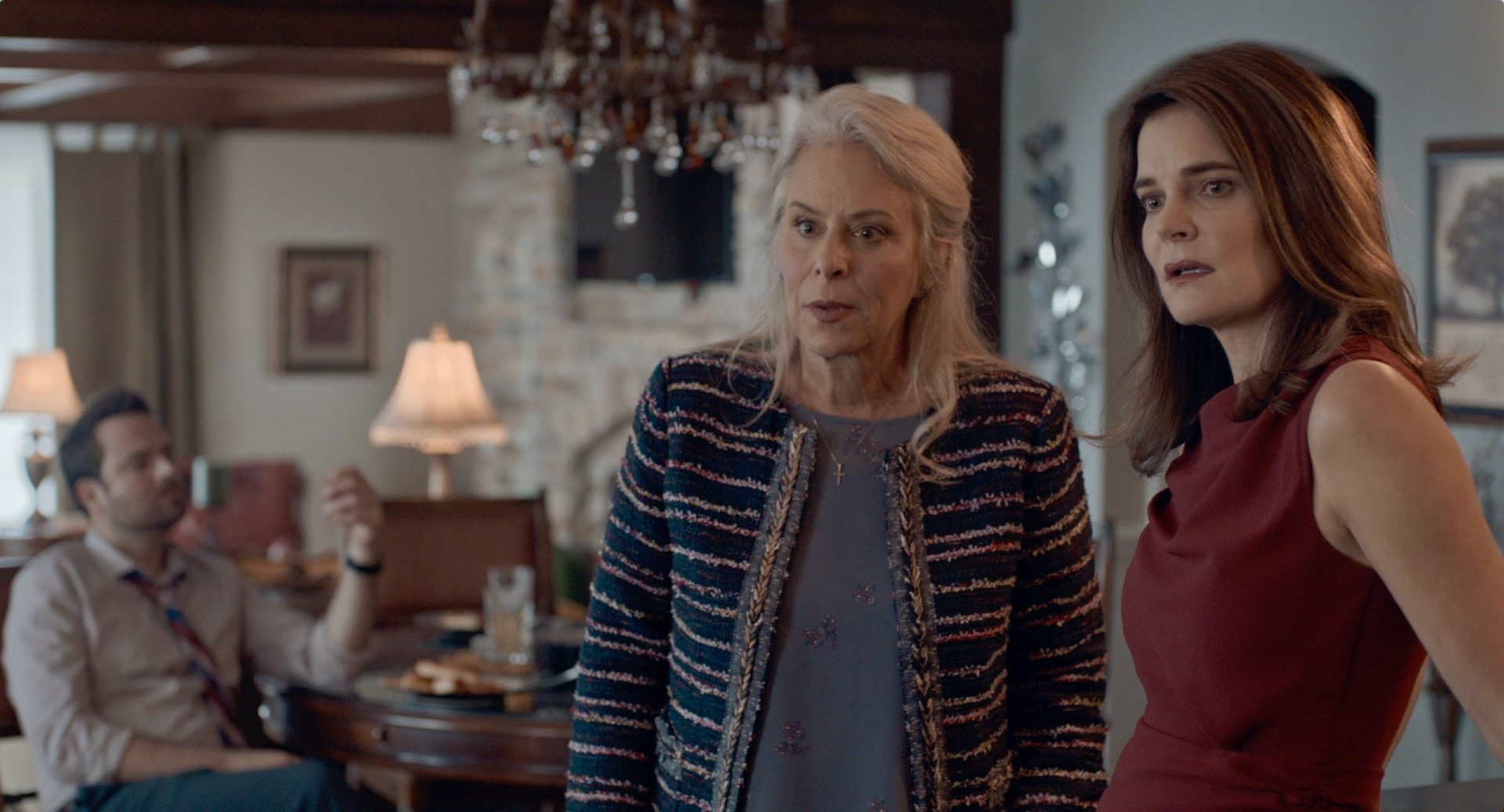
How do you think the indie film industry will change thanks to COVID-19?
It’s interesting. I just got finished with a job — dealing with the strict protocols and all that. It all worked exceptionally well, we didn’t have a single case. However, being behind those masks— it changes something. Directing the actors, there’s something lost in the intimacy of digging into the scenes.
With the crew, it feels like some of the camaraderie has been sacrificed. It wasn’t like that the whole shoot, but it definitely felt harder to get to that comfortable place you’re used to getting to after a day or two.
If you could only watch one movie for the rest of your life, what would you choose and why?
That’s an easy one. Clue directed by Jonathan Lynn, because it’s a masterpiece!
What advice would you offer those looking to get their break in the film industry?
Look, I think at the end of the day it’s about hustle, perseverance and passion. I know plenty of talented people who don’t work. You need to chase it. You need to want it and you need to constantly be problem solving. There are going to be a ton of obstacles. I still encounter them every day.
There’s a lot of no’s and many of them have nothing to do with your ability or talent. Personally, I’m relentless…and stubborn, which helps, but I’m also strategic. Build your relationships. Invest in them. Find mentors who believe in you. Ask for advice. Do everything you can to be ready— hone your craft, build that reel, know how to pitch yourself.
If the opportunity comes and you’re not ready, it will pass you by, that you can be sure of. Also, in terms of your reel… this is one I’ve always sort of lived by, it’s simple, but true. You’re only as good as your weakest piece.





